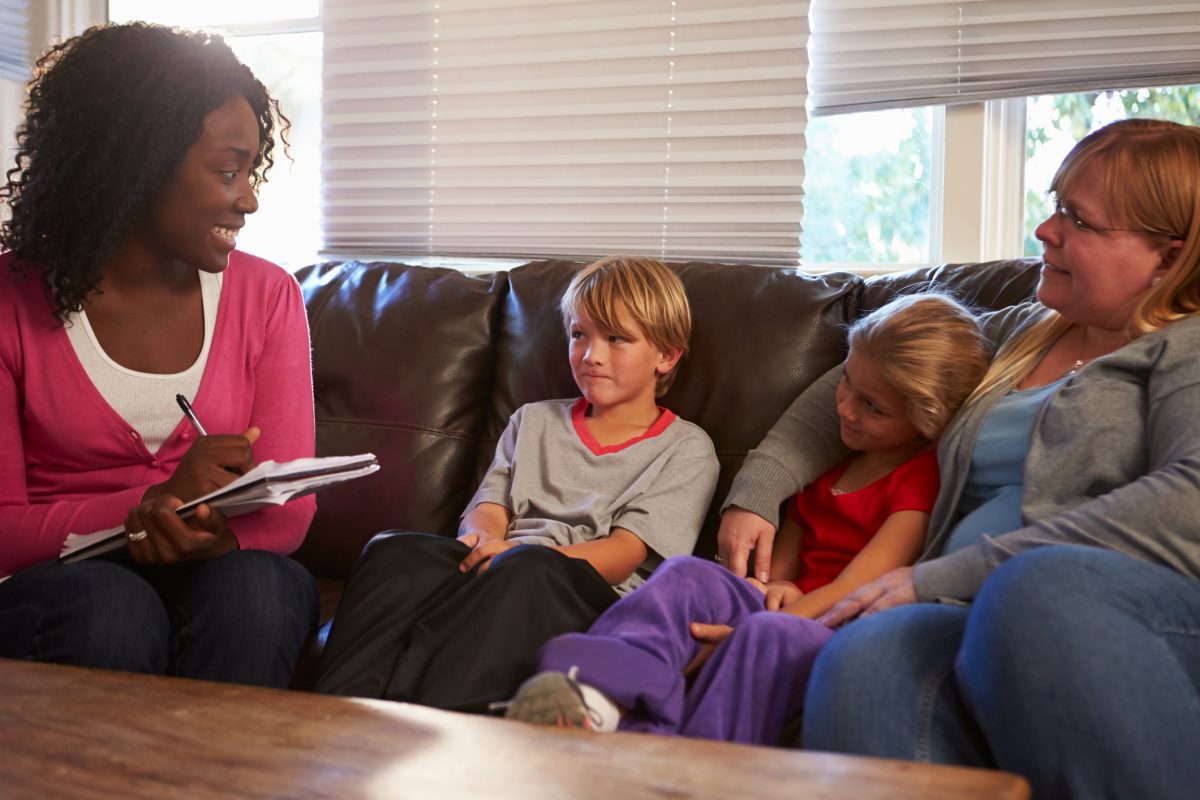A new tool which identifies the complex needs of vulnerable families has been launched in York.
The City of York Council’s Family Focus Team has developed a new tool aimed at identifying strengths and weaknesses in vulnerable families.
The Family Wheel tool examines all areas of family life. This includes health and well being, education, employment, offending behaviour, drug use, finances, and housing. The wheel will be used to help family members talk about aspects of their life and highlight areas that need to be changed. Furthermore, the wheel will help identify areas were progress has been made.
A dedicated lead practitioner will work with families and other partner agencies involved in the programme to improve the outcomes for families.
The Family Focus Service Manager Linda Murphy said: “We know that early intervention is key to help families tackle issues before they escalate out of control.
“The Family Focus Service provides the support needed for families to address the issues, identifying their strengths as well as their weaknesses, and acting as an advocate for the family with partner agencies such as the police, to ensure their views are heard.”
City of York Council’s Cabinet member for Education, Children and Young People Councillor Janet Looker said: “I’m pleased that the Family Wheel tool is bringing real benefits to local families. Starting from a family’s good points is a really good place to be – a family can get so overwhelmed by the things going wrong that they overlook what is going right.
“Helping families to turn their lives around leaves a lasting legacy for future generations and has a significant impact on the wider community.”
The scheme is already showing evidence of reducing costs. Additionally, there has reportedly been a reduction in youth offending, anti-social behaviour, court appearances, exclusions from school, and an increase in adults gaining employment amongst the families involved in the programme.
A total of 315 families in York have already been supported in the first phase of the project. The second phase will see an additional 1,000 families helped. This will include those affected by violence, adult crime, financial problems and a range of health issues.











